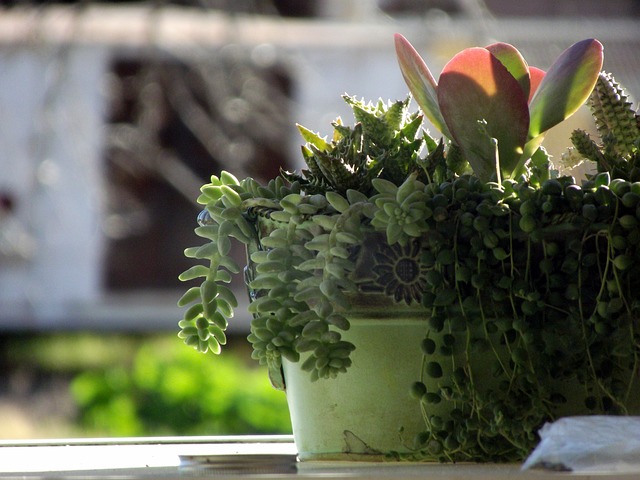
Reliable plant growth and healthy yields depend on a balanced combination of nutrients, some of which are made available to plants quickly—and others that are made available over time. That’s what makes volcanic basalt an ideal addition to indoor potting mixes.
The slow-release benefits of crushed volcanic basalt make it an effective way to minimize deficiencies, particularly with fast-growing plants that experience periods of rapid nutrient uptake. Volcanic basalt has been proven to improve root systems, increase yields and promote general plant health in a wide variety of crops and conditions—including those in indoor growing situations, where mineral deficiency can be an issue.
The stable plant materials that make up potting mixes (e.g. bark, peat, coir) are like soil in some ways—and unlike it in others. Like soil, potting mixes physically support plant growth. Potting mixes are porous enough to hold a mixture of air and water and they offer lots of surface area to act as an interface for root surface exchange.
Soil, on the other hand, is derived from a marvelously complex interaction between geology and biology. As the geology (decomposing rock material) reacts with the biology (soil microorganisms and plant material), the rock releases elements like calcium, magnesium and iron in different proportions than the plant material in potting mixes. Adding crushed basalt to potting mixes more closely mimics the geological and biological interactions in healthy soils.
In hydroponic systems, incorporating rock material can take on various forms and utilize different textures or particle sizes. Coarse basalt particles with fine particles removed can be used as a rooting media. Medium and fine basalt particles can be added to existing rooting media or to compost tea. Very fine basalt particles that partially suspend in water can be added to hydroponic solutions where roots can latch onto particles. (Note: Be sure to exercise caution for pumps and other equipment with this last approach.)
By mimicking the slow process of the Earth’s own method for producing healthy soil, crushed volcanic basalt helps support the biological processes required for optimal and sustainable plant growth. Well-suited to the needs of most indoor growers, volcanic basalt produces relatively little ambient dust and is easy to add to most indoor growing mixes. Moreover, a little goes a long way. A small quantity of high-quality volcanic basalt is all it takes to provide indoor crops with the essential minerals they need to stay strong, healthy and resistant to disease. For best results, look for all-natural products like Cascade Minerals that are made in the U.S.A. and listed by the Organic Materials Review Institute (OMRI) for use in organic production.
